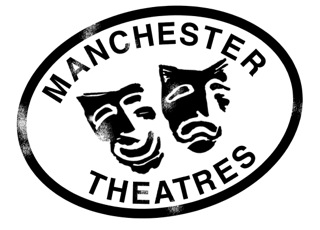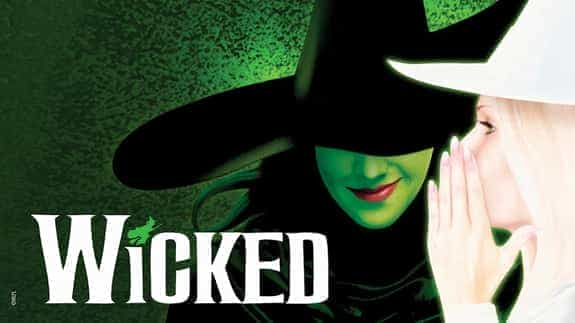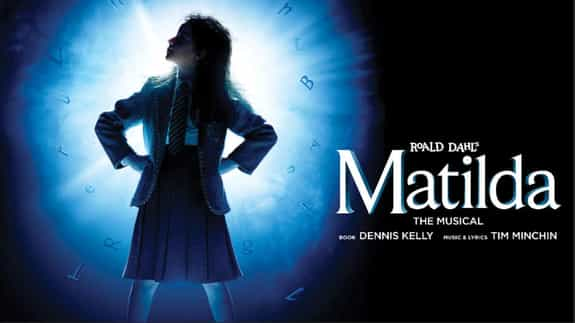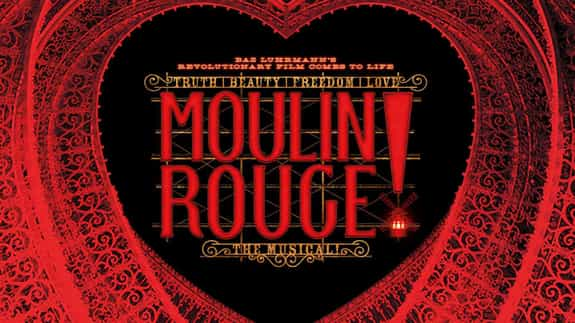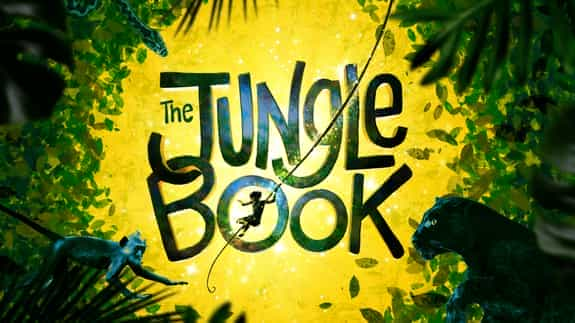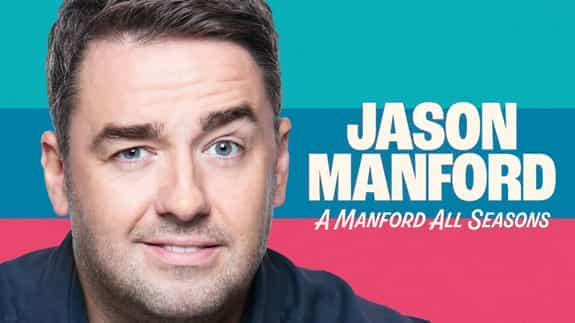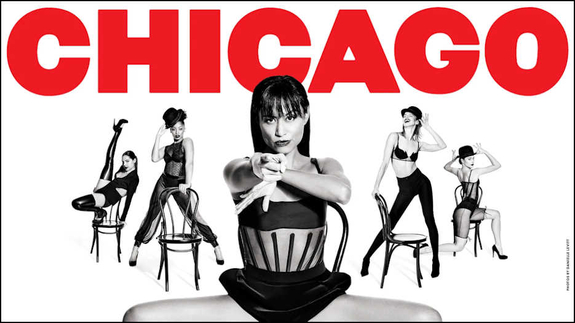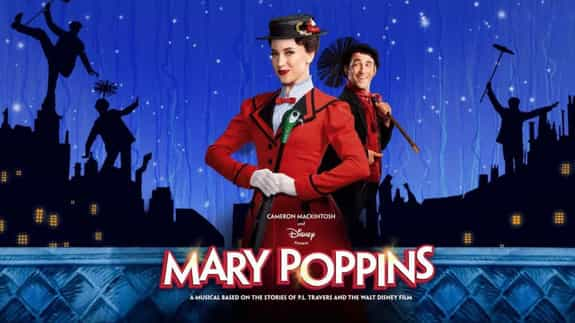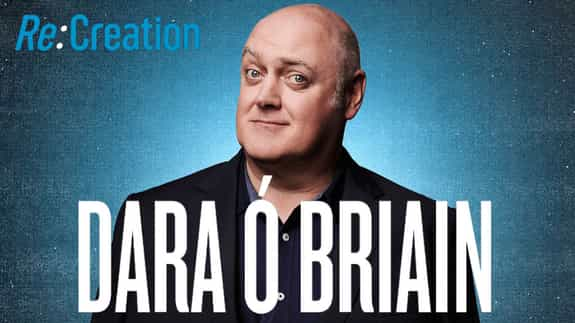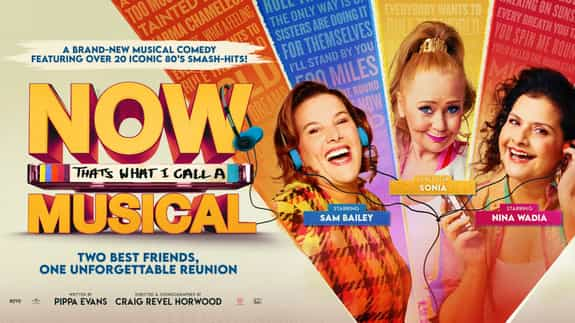The History of Witchcraft & Feminism
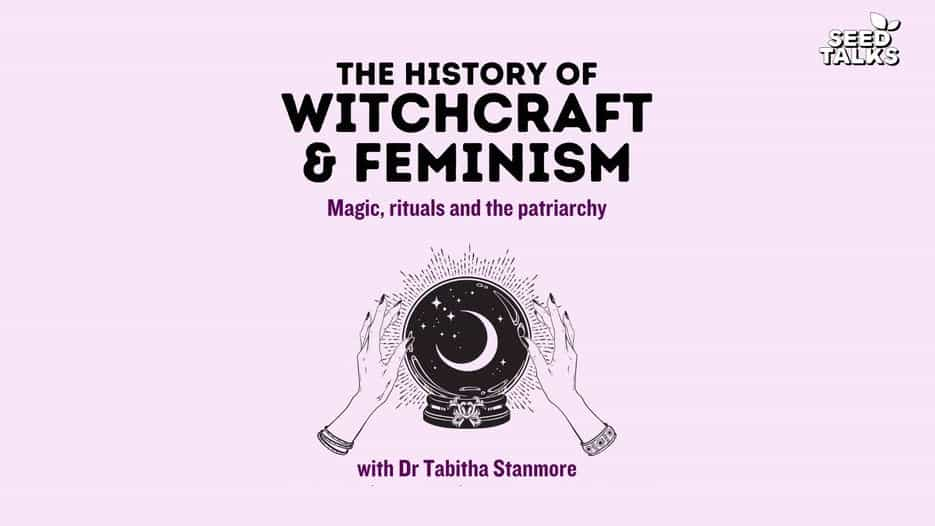
The word ‘witch’ – what does it conjure for you? Do you immediately have an image of a hat, broomstick and cat, or an old, warty woman who entraps children in her gingerbread house? Or do you see a young, empowered healer who is targeted simply for being different? Whatever you’re thinking, the unifying feature is probably that the witch is female. But why? How did this stereotype come about?
Join Tabitha Stanmore as she explores the evolution of the image of the witch, and asks why witchcraft has become so bound up with femininity. The answer isn’t as simple as you might think: even at the very height of the witch trials in the sixteenth and seventeenth centuries, witchcraft was never a solely female crime.
In this unique talk, we will look at the different kinds of magic that were practised in the past – from diabolical harm to fortune-telling, and summoning fairies to necromancy – and consider the different kinds of people who did it. We’ll pick apart some witchcraft icons - like the pointy hat - and trace their origins. By the end, you will have an idea of how a complex and diverse history of magic became distilled into the monolithic word ‘witch’, and how the witch became a figurehead of feminist movements from around the world.
Dr Tabitha Stanmore is a postdoctoral researcher on the Leverhulme-funded Seven County Witch Hunt Project at the University of Exeter, and is specialist in medieval and early modern English magic and witchcraft. Her monograph, Love Spells and Lost Treasure: Service Magic in England from the Later Middle Ages to the Early Modern Era, was published with Cambridge University Press in 2022. Her first book for general readers, Cunning Folk: Life in the Era of Practical Magic, was published in 2024 with the Bodley Head. She has written for TIME, The Conversation and The Telegraph, among others, and featured on Radio 3’s Free Thinking and BBC 4’s Plague Fiction.
The History of Witchcraft & Feminism Tickets

Sorry, there are no tickets for The History of Witchcraft & Feminism in Manchester available at the moment. This maybe due to one of the following reasons:
- - The History of Witchcraft & Feminism in Manchester tickets are currently not on sale.
- - The event has sold out.
- - Details have not yet been announced for The History of Witchcraft & Feminism in Manchester.
- - The event may have been cancelled.
- - The event has been and gone.
Join our free mailing list for
updates about this event

The History of Witchcraft & Feminism ON TOUR
Most Popular Shows and Events in Manchester
Here You Come Again - The New Dolly Parton Musical
Manchester Opera House
Tue 4 - Sat 8 Feb 2025
NOW That's What I Call A Musical
Manchester Opera House
Tue 28 Jan - Sat 1 Feb 2025
